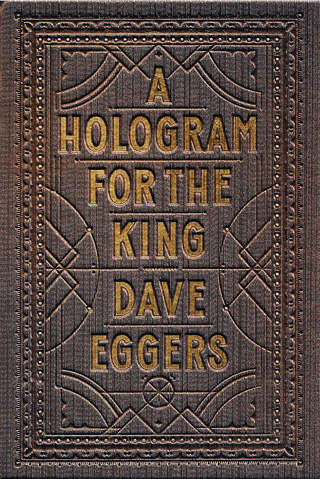I don’t think I’ve ever actively sold anything in my entire adult life; inadvertently, maybe, but I’ve never stood with a person and given them reason as to why they should purchase something. I’m too passive, too grossed out by monetary transactions. I’d like to say it’s something rooted in my Eastern European Socialist bloodline – but it isn’t: my family were and are capitalists who loved the American Dream enough to come here; they dig on free trade, and said they were Democrats in the 1980s, but voted for Reagan twice. My family loves money, and they worked hard to attain it. I don’t know exactly the nuts and bolts of how they made it, but I know that there was some degree of salesmanship involved. Sometimes I think to myself, I’ll never be a salesman like some of my ancestors. I’ve cut the line.”
If you Google “The art of the sale,” you find a varied set of results; books for sale on Amazon, mentions of famous impresarios, YouTube videos of men with buzz haircuts staring into their flipcam telling you how “you can do it,” how you can sell “anything.” While I admire the persistence, I learned long ago that I don’t have to worry about my inability to sell people on things, because we have very little left to sell – at least very little that’s ours.
Dave Eggers backs up that claim in his latest book, A Hologram for the King. Alan Clay is a Willy Loman for our times with a growth that he can’t really see. He’s a career salesman in the middle of a desert waiting around for the Saudi Arabian king to come visit so Alan can sell him some technology. No matter the outcome—if he makes the sale or not—Clay’s mission is a quixotic one. The Chinese are winning, making the glass for our memorials by making things on the cheap. We can’t keep paying for our kids to college because the Chinese pay their workers pennies a day. There’s no way we’re going to win, and the shine isn’t coming back on that trophy that reads “Exceptionalism” anytime soon – that’s what I get from the story of Alan Clay.
A Hologram for the King clocks in at 312 pages, but it reads like a novella housed in a siddur. The book (manufactured in Michigan, I should add) doesn’t read like a contemporary literary icon trying to write the story of the struggling American that he hardly knows anything about anymore: Eggers has given us a work of fiction that works as a perfect commentary on this American decade. Alan is the guy who is waiting for another chance to make the big score; he’s the batter who keeps watching pitches whiz past him because he wants the right one. The thing is that he’s 54-years-old and you know he isn’t going to get the one he wants, and Eggers never really leads you to believe he will, because that’s not what the book is about. He keeps waiting and waiting on the king – you know eventually he’s going to come, but at some point, you realize it doesn’t matter.
Follow Vol. 1 Brooklyn on Twitter, Facebook, Google + and our Tumblr.

